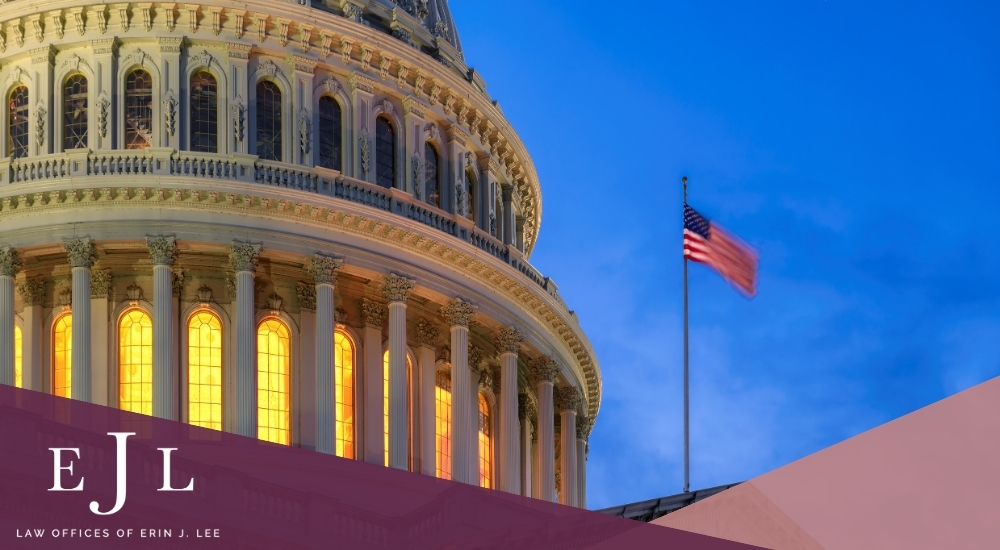In 2018 USCIS proposed changing the rules on what is considered a “public charge” for inadmissibility purposes. In 2019, USCIS published the final rules on it, and litigation ensued. The case went all the way to the U.S. Supreme Court and on January 27, 2020, the Court found that the proposed regulations were valid. As such, all applicants in the U.S. that are applying for visas or green cards will be subject to these rules. The new rules are planned to take effect on February 24, 2020 in all of the U.S., except for applicants residing in the state of Illinois.
Revised the regulations to consider a larger range of public benefits when determining whether an individual is considered a “public charge” which would make an applicant inadmissible. Benefits that are considered to render one a public charge include 1) cash support for income maintenance; 2) non-emergency Medicaid; 3) Supplemental Nutrition Assistance Program, such, as food stamps; and 4) Housing Assistance, such as public housing or Section 8 vouchers. So, certain state or local program benefits does not count. For example, in California, Women Infants and Children (WIC) aid does not make one a public charge. Also, supplemental security income is no longer included in the list of benefits.
Also, it is important to note that this policy is not retroactive. Any applications, approvals, receipt of any of these benefits before February 24, 2020 will not be weighed against you. Furthermore, certain categories of people are exempt for this rule, such as asylees and U visa recipients.
The new policy also outlines out what other factors can be considered when making a public charge determination: applicant’s age; health; family status; assets, resources, and financial status; education and skills; prospective immigration status and expected period of admission; and a sufficient affidavit of support. USCIS will weigh all the negative factors against the positive factors to make that determination.
Applicants are also required to now file a separate form regarding the general financial health of the applicant and their family. The process is becoming more difficult and many people will be affected. It is more important now than ever to speak to a knowledgeable attorney before applying for a visa or green card. The laws are changing everyday, and being litigated. Stay vigilant and speak to an attorney before you apply for any immigration benefits.



